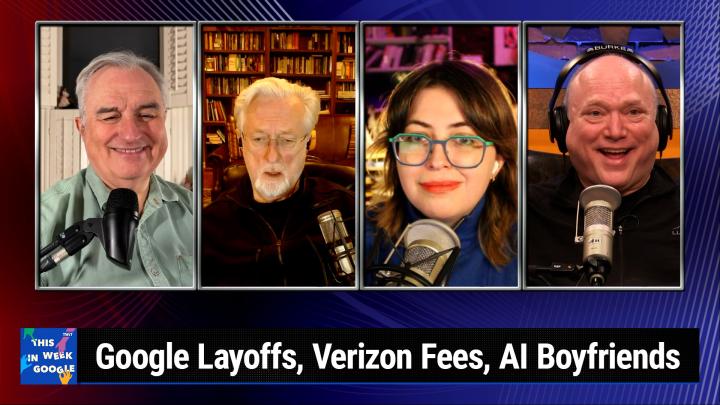Fair Use and AI: Do We Have the Right to Better Informed A.I. Models?
AI generated, human edited
On a recent episode of the tech podcast This Week in Google, the show's hosts dove into a debate around copyright and artificial intelligence sparked by an article in The New Yorker titled "Is A.I. the Death of I.P.?" The hosts discussed whether society has a right for AI systems to ingest copyrighted material in order to create better machine learning models, even if that material is owned by large media corporations.
The article argues that copyright terms have been greatly extended to benefit large entertainment conglomerates, making the vast majority of creative works off-limits for new creators. Host Leo Laporte agreed, saying "Copyright these days isn't about protecting an author. It's not protecting you, Paris, or protecting Jeff or you, Glenn. It's really about the big companies who own the rights."
Generative AI models like ChatGPT learn by ingesting millions of copyrighted articles, books, songs and more. The article questions whether the societal benefits of smarter AI outweigh copyright concerns. Mr. Laporte believes AI should have open access: "Don't we have a societal interest in letting AI learn?"
Co-host Paris Martineau disagreed, questioning whether a vague "greater right" exists allowing companies to use copyrighted material without permission. Mr. Jarvis pointed out the distinction between ingesting copyrighted material for learning versus generating new content. Tools like Google Books ingest the full texts but only display snippets to avoid violations. An approach where models ingest full corpora but limit distribution of outputs based on copyright could be feasible.
The group remained divided on whether AI's societal value outweighs creator rights. But they agreed reform is needed for our conception of fair use and rights in the age of rapidly evolving technology like generative AI. As Mr. Jarvis said, "The question here about liability is not simple." With AI poised to transform industries, determining who can use copyrighted source material--and who owns newly generated output--are vital debates.
Become a subscriber and never miss an episode: This Week in Google
